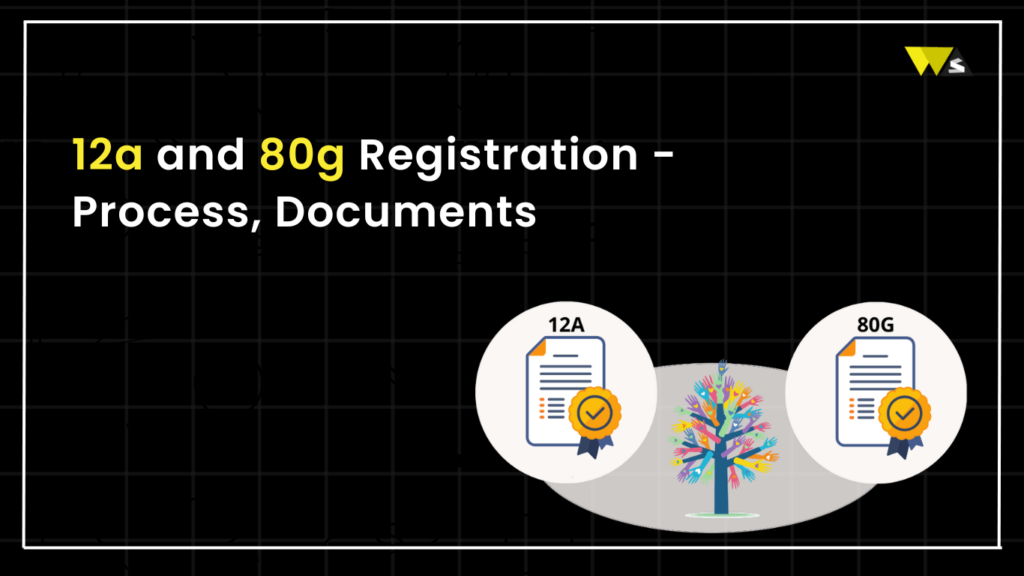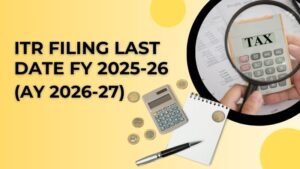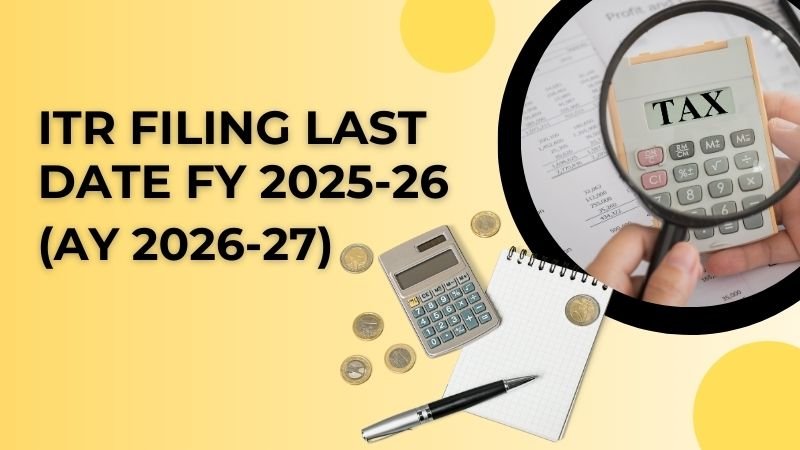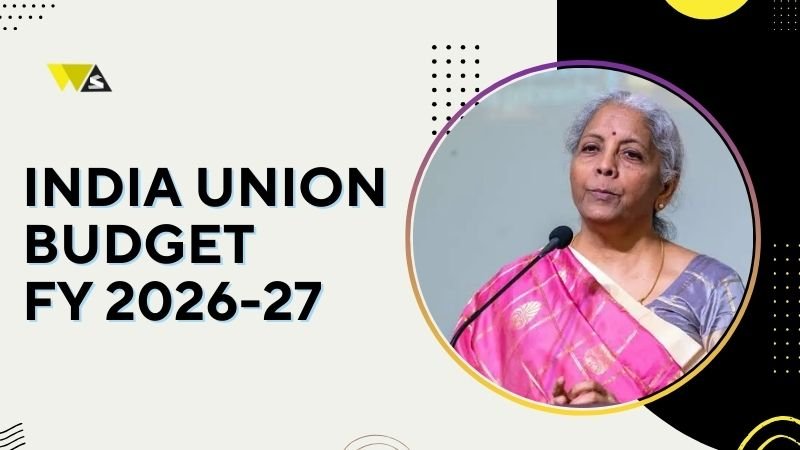The Income Tax Department contains 12a and 80g registration to NGOs in India. These registrations have many benefits. As per the 12A registration, the NGOs can increase the level of funding towards their immense efforts due to their strategy in avoiding to pay income tax on any income that they generate. In addition, the 80G registration is beneficial to the donors as it allows them to write off contributions for tax purposes.
What is 12a Registration?
- Through 12A registration, many of the trusts, NGOs and other Section 8 companies are income tax exempt.
- Practically, these are institutions that are established for charitable and not for profit purposes i.e., NGOs. Income generating activities are carried out but if the institution decides not to register with the income tax and charges act under section 12A, all normal taxes will apply.
- Section 12A of the Income Tax Act of 1961 makes no differentiation between charitable and religious trusts. Therefore, both categories of institutions are eligible for 12A registration.
What is 80g Registration?
- An 80G Certificate is issued by the Income Tax Department to the Section 8 company, a charitable trust or a non-profit organization, or NGO.
- The main purpose for which the 80G certificate has been introduced to promote or persuade more and more people to donate money towards the institution of the type.
- The contributions, when made to such an NGO, allows the donor to reduce his total income for computation ranging up to 50% of the monetary value of his donation as taxable income.
- The donor will attach the stamped receipt having the name, date and PAN of the registered trust before requesting for the exemption of tax for their earlier contribution.
Required Documents for 12a Registration
The following documents for 12A registration are as follows:
- Form 10A
- Documentation for the Trust or NGO, like the Trust Deed
- Registration Certificate and Memorandum of Association of a Society
- Copies of the company’s AOA and MOA for section 8 companies
- The Trust’s three-year statement of the bank account
- PAN card issued by the company.
Required Documents for 80g Registration
The following documents for 80G registration are as follows:
- Form 10G
- For Section 8 companies and societies, the registration certificate and Memorandum of Association;
- Documentation for the Trust like the Trust Deed
- Certificate of no objection from the owner of the land where the institution’s registered office is located
- Copy of the NGO’s PAN card
- A copy of the utility bills, like the water and electricity bills or the house tax receipt
- Donor list with full address and PAN included
- Documents from the last three years’ income tax returns and book of accounts
- A summary of the welfare initiatives being implemented and the three-year progress report
- A comprehensive roster of the trustees
- Original RC, MOA, or Trust Deed is the Deed for Verification.
Process of 12a Registration
Pursuant to Rule 17A of the Income Tax Act of 1962, the request must be filed in Form No 10A. Such application shall be addressed to the Commissioner of Income Tax (Exemptions) having Jurisdiction.
- The Commissioner confirms the legitimacy of the organization’s operations after receiving the Form and the Documents. If more documents and information is required, he is free to ask them.
- He must get a written order granting 12A Registration upon receipt of the satisfactory report. The applicant is given an opportunity to be heard before the Commissioner rejects the application if he is not satisfied.
12A registration may be cancelled if the provided evidence is presented that the operations are against the objectives of the institution, are illegal and it only benefits a specific caste or religion, the funds are invested in ways that are against the law, or the institution’s income is being used to benefit particular individuals.
Process of 80g Registration
- The institution’s jurisdictional area’s Commissioner of Income Tax (Exemption) must receive the application for an 80G certificate.
- The Income Tax department does an on-site investigation after receiving the form and the necessary documents for 80G registration.
- Additional documentation the institution is obligated to provide may be submitted to the officials.
- The Commissioner grants the 80G certificate after thoroughly reviewing and verifying the documentation and the NGO’s office.
Validity of 12a Registration and 80g Registration
A three-year provisional registration is the first step for the validity of Sections 12A and 80G registration. Organizations must apply for renewal six months before the provisional status expires or within six months of the organization’s founding, whichever comes first, in order to extend it. The registration is valid for extra five years after they are renewed. Every five years, this cycle is repeated to maintain the benefits.
Benefit of 12a Registration and 80g Registration
For NGOs and charity organizations, to get an 80G and 12A registration has advantages which affect many facets of their business operations:
- Donor tax exemptions: Nonprofits certified under 80G may be able to provide donors with a tax break on their contributions. It motivates individuals to contribute more and make the act of giving more attractive.
- Enhanced Credibility and Trust: When an NGO is registered under Sections 12A and 80G, it allows the Department of Income Tax to show a stamp of approval, which enhances the organization’s credibility. For the donors who want operational openness, this is most essential.
- Increased Fundraising Potential: It offers tax benefits; these registrations encourage fund raising from both private citizens and businesses. This expands the number of potential doners, allowing the NGOs to broaden the scope of their business operations.
- Access to Government Grants: For several government schemes and initiatives, it is necessary for Non-Governmental Organizations (NGOs) to have 12A and 80G registrations in order to avail the funding. This creates a wealth of grant options for project finance and management.
- Long-Term Sustainability: Being able to provide tax breaks to contributors encourages long-term relationships for steady sources of income in addition to increasing initial gifts. Due to this stability, NGOs are able to organize and carry out long-term projects.
- Effective Use of Resources: Nonprofits registered under 12A keeps accurate information and limit their use of finances to charitable efforts. This ensures that resources are put for proper use and is directed towards the objectives of the organization.
Conclusion
A 12a and 80g Registration certificate confirming your NGO’s eligibility for tax exemption under Section 12A and 80G will be issued upon completion of your registration. This document establishes the legal status of the organization and allows tax benefit for the donors.










